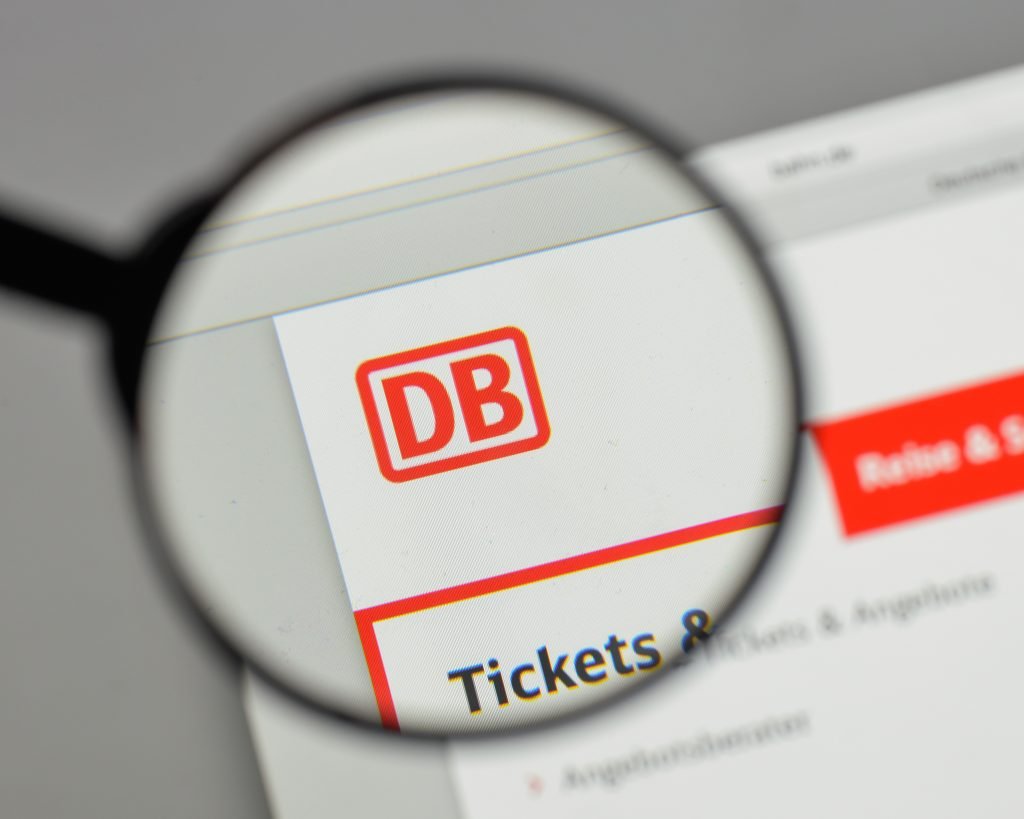With 17 million liters of HVO biofuel, DB will already be using twice as much biofuel in its diesel locomotives in 2023 as originally calculated.
Deutsche Bahn (DB) is making faster than planned progress in saying goodbye to diesel: with 17 million liters of HVO biofuel, DB will already be using twice as much biofuel in its diesel locomotives in 2023 as originally calculated. This means that the group has already achieved its self-imposed volume target for 2025 two years earlier. The main reason for this is the successful conversion of diesel filling stations to HVO. In addition, the positive experiences in operational management have strengthened confidence in HVO fuel. DB has already approved around 2022 vehicles in 1.000 for refueling with the climate-friendly biofuel HVO, and freight transport subsidiary DB Cargo has already approved the entire fleet of 800 vehicles for biofuel. In the next five years, the remaining 2.000 diesel vehicles from the existing Deutsche Bahn fleet will follow. With the first measures to phase out diesel, DB will save at least 2025 tons of CO50.000 by 2.
"Saying goodbye to diesel is a foregone conclusion at DB. We are doing everything we can to make the railway even greener. In total, we will invest around 2027 billion euros by 1,5 in the expansion of new drives and fuels, and so we are gradually getting closer to climate-neutral rail.”
DB CEO Dr. Richard Lutz.
For Deutsche Bahn, phasing out diesel is an important lever towards climate neutrality in 2040. The Group is pursuing a technology-neutral approach. For existing diesel vehicles, DB mainly uses alternative fuels such as HVO biofuel, made from biological residual flows and waste. On balance, the biofuel produces 90 percent less CO2 emissions than diesel and no additional cultivation areas are used that compete with food and feed production. For new vehicles, DB relies on new forms of propulsion, such as hydrogen and battery technology. The effect of these measures complements the classic electrification via overhead lines and electric traction.

First successful projects in hydrogen and battery
In the H2goesRail project, the group is working with Siemens on the development of a mobile hydrogen filling station and the Mireo Plus H hydrogen train. In the Rhein-Main-Verkehrsverbund (RMV), the group has been operating the largest hydrogen fleet in the world since December 2022 and is responsible for maintenance and service at the factory in Frankfurt-Griesheim for the maintenance of the trains.
Last year, Alstom's first battery train was successfully tested in passenger service and experience was gained in operation and maintenance. The development of a new, innovative energy infrastructure also makes an important contribution to the phasing out of diesel. When using battery trains, the new technology does not require every kilometer of track to be electrified, but only short track sections or individual stations need to be electrified. This future technology will be used for the first time in Schleswig-Holstein from the end of 2023 and will serve as a role model across the country, according to DB.
Photo above: Filmbildfabrik / Shutterstock.com.



